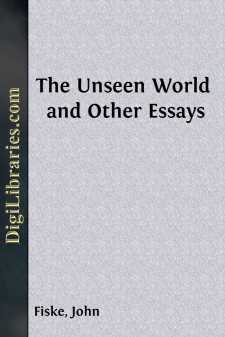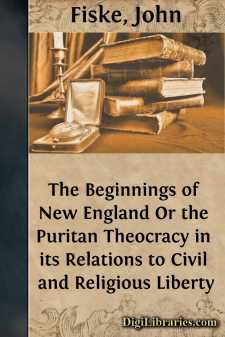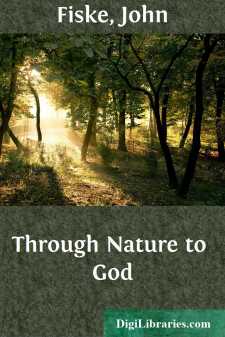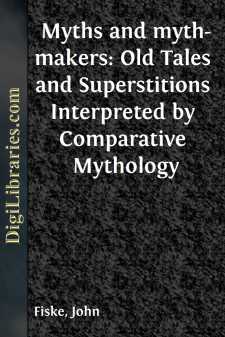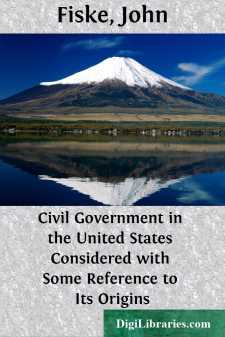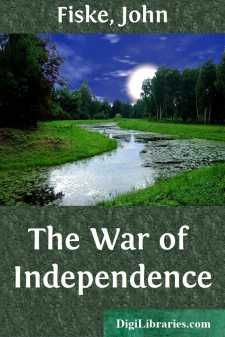Categories
- Antiques & Collectibles 13
- Architecture 36
- Art 48
- Bibles 22
- Biography & Autobiography 813
- Body, Mind & Spirit 142
- Business & Economics 28
- Children's Books 15
- Children's Fiction 12
- Computers 4
- Cooking 94
- Crafts & Hobbies 4
- Drama 346
- Education 46
- Family & Relationships 57
- Fiction 11828
- Games 19
- Gardening 17
- Health & Fitness 34
- History 1377
- House & Home 1
- Humor 147
- Juvenile Fiction 1873
- Juvenile Nonfiction 202
- Language Arts & Disciplines 88
- Law 16
- Literary Collections 686
- Literary Criticism 179
- Mathematics 13
- Medical 41
- Music 40
- Nature 179
- Non-Classifiable 1768
- Performing Arts 7
- Periodicals 1453
- Philosophy 64
- Photography 2
- Poetry 896
- Political Science 203
- Psychology 42
- Reference 154
- Religion 513
- Science 126
- Self-Help 84
- Social Science 81
- Sports & Recreation 34
- Study Aids 3
- Technology & Engineering 59
- Transportation 23
- Travel 463
- True Crime 29
The Unseen World and Other Essays
by: John Fiske
Categories:
Description:
Excerpt
PART FIRST.
"What are you, where did you come from, and whither are you bound?"—the question which from Homer's days has been put to the wayfarer in strange lands—is likewise the all-absorbing question which man is ever asking of the universe of which he is himself so tiny yet so wondrous a part. From the earliest times the ultimate purpose of all scientific research has been to elicit fragmentary or partial responses to this question, and philosophy has ever busied itself in piecing together these several bits of information according to the best methods at its disposal, in order to make up something like a satisfactory answer. In old times the best methods which philosophy had at its disposal for this purpose were such as now seem very crude, and accordingly ancient philosophers bungled considerably in their task, though now and then they came surprisingly near what would to-day be called the truth. It was natural that their methods should be crude, for scientific inquiry had as yet supplied but scanty materials for them to work with, and it was only after a very long course of speculation and criticism that men could find out what ways of going to work are likely to prove successful and what are not. The earliest thinkers, indeed, were further hindered from accomplishing much by the imperfections of the language by the aid of which their thinking was done; for science and philosophy have had to make a serviceable terminology by dint of long and arduous trial and practice, and linguistic processes fit for expressing general or abstract notions accurately grew up only through numberless failures and at the expense of much inaccurate thinking and loose talking. As in most of nature's processes, there was a great waste of energy before a good result could be secured. Accordingly primitive men were very wide of the mark in their views of nature. To them the world was a sort of enchanted ground, peopled with sprites and goblins; the quaint notions with which we now amuse our children in fairy tales represent a style of thinking which once was current among grown men and women, and which is still current wherever men remain in a savage condition. The theories of the world wrought out by early priest-philosophers were in great part made up of such grotesque notions; and having become variously implicated with ethical opinions as to the nature and consequences of right and wrong behaviour, they acquired a kind of sanctity, so that any thinker who in the light of a wider experience ventured to alter or amend the primitive theory was likely to be vituperated as an irreligious man or atheist. This sort of inference has not yet been wholly abandoned, even in civilized communities. Even to-day books are written about "the conflict between religion and science," and other books are written with intent to reconcile the two presumed antagonists. But when we look beneath the surface of things, we see that in reality there has never been any conflict between religion and science, nor is any reconciliation called for where harmony has always existed....


